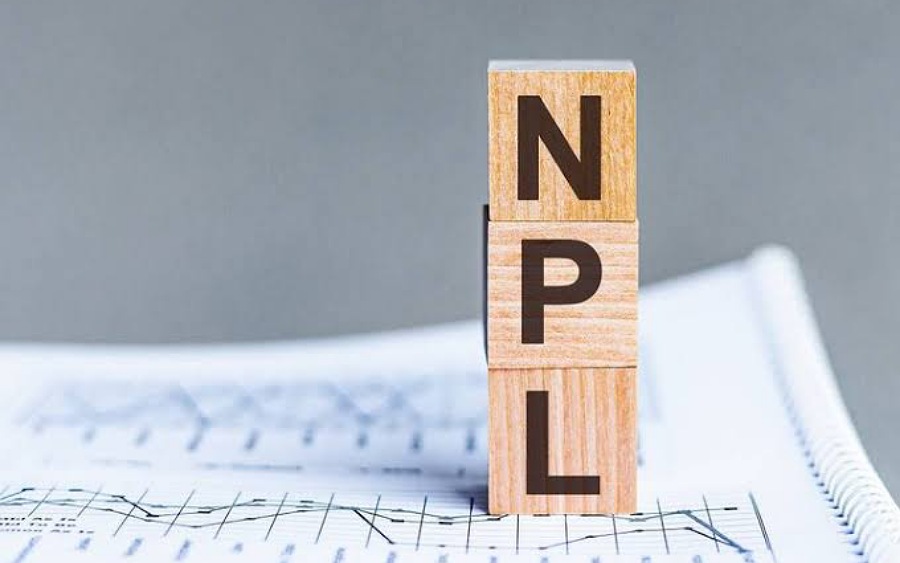High Loan Defaults Squeeze Credit to SMEs, Threatening Ghana’s Economic Recovery- World Bank

Ghana’s banking sector is grappling with persistently high non-performing loans (NPLs), a trend the World Bank warns could significantly hamper the country’s post-crisis recovery and inclusive growth efforts.
According to the 9th Ghana Economic Update launched in Accra, lending conditions remain difficult as the lingering effects of recent macroeconomic instability continue to weigh heavily on businesses. Corporate balance sheets have been weakened, repayment capacity strained, and confidence in extending new credit diminished.
The report shows that the NPL ratio, the share of loans borrowers have failed to repay on time, has stayed stubbornly high, fluctuating between 20.4 percent and 24.6 percent this year, and settling at 23.6 percent in April 2025. This figure is more than double the generally accepted prudential benchmark for healthy loan books.

The World Bank attributes this to both structural weaknesses in credit risk assessment and underwriting standards, and real economic pressures facing businesses. Many companies continue to grapple with delayed payments, high input costs, and sluggish demand, all of which impair their ability to service debt.
This creates what economists call a “self-reinforcing cycle”: high NPLs erode bank profitability and reduce capital buffers, which then limits banks’ ability and willingness to lend , especially to small and medium enterprises (SMEs) and informal sector operators. These groups are often the most vulnerable to economic shocks, yet they form the backbone of Ghana’s employment and local economic activity.
“Until macroeconomic conditions stabilize and corporate balance sheets start to recover, credit risk will remain elevated,” the report cautioned. “This will limit the financial sector’s ability to provide the financing needed for a robust and inclusive recovery.”
With SMEs already struggling to access affordable capital, the prolonged credit squeeze could stifle entrepreneurship, slow job creation, and delay Ghana’s broader economic transformation. The World Bank notes that targeted reforms in credit risk management, coupled with measures to strengthen public financial management and reduce payment delays, will be critical to breaking the cycle.

Bank of Ghana moves to curb high NPLs
The BoG has recently issued stricter measures to rein in loan defaulters and to help boost debt recoveries of banks.
Under the new regime, defaulting customers face stiffer consequences, including blacklisting on credit reference bureaus , limiting future borrowing opportunities, higher penalty interest rates on overdue loans and accelerated legal recovery processes.




